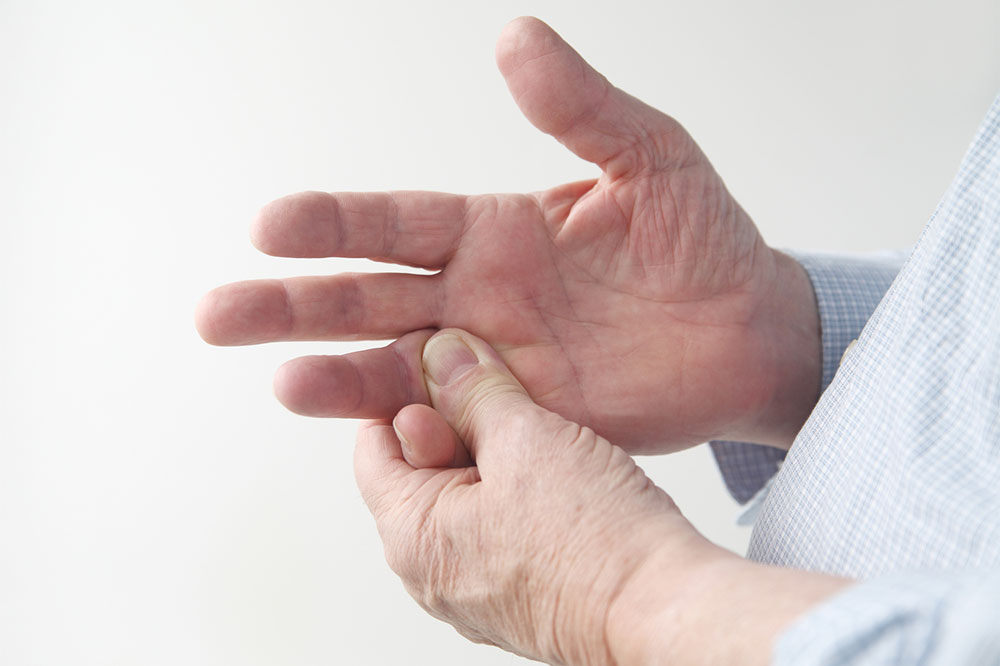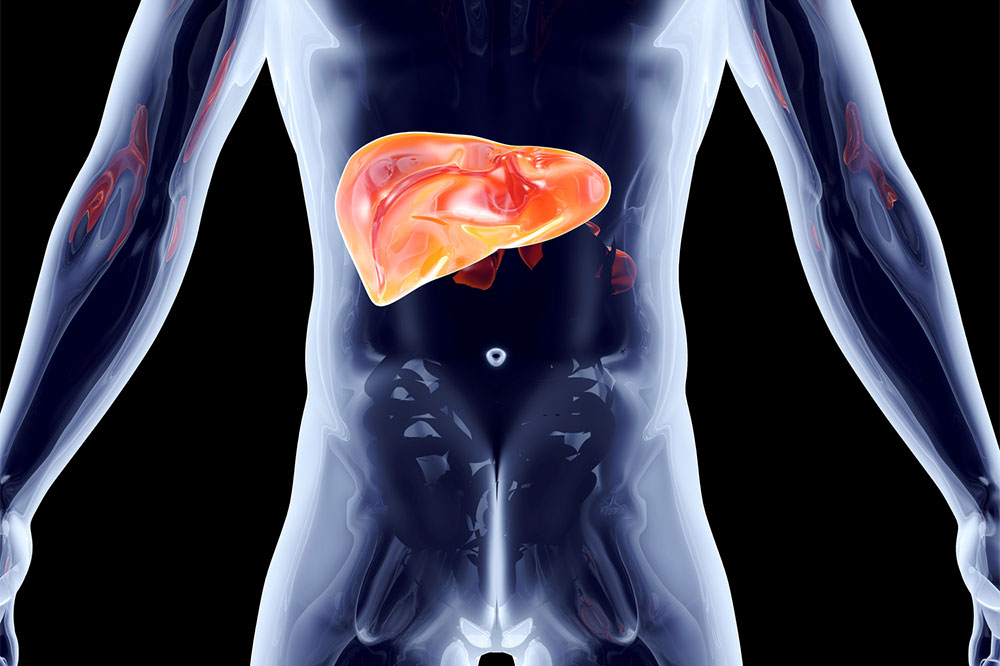6 things to avoid for a healthy skin

Skin conditions can be an underlying symptom of many health conditions and lifestyle choices, so it is important to educate yourself about the dos and don’ts of skin health. Here are some tips that will help you from developing unfavorable skin conditions. However, always make sure you are aware of the changing factors like food, other health complications, environment, and genetics that may lead to skin diseases in some people.
Foods to avoid
Milk
Animal milk and dairy products from the same can cause acne in some people. Studies suggest that dairy contains amino acid leucine and this can cause excess sebum production in some people, leading to acne. It is also observed that hormones present in milk may cause an imbalance in the body.
High glycemic index
Foods that have a high glycemic index raise the blood sugar levels in the body, which leads to excess insulin production. When the body produces more insulin, it stimulates androgen hormone production and sebum causing acne breakout in individuals. This also triggers those with sensitive skin. Some of these foods include chips, cookies, hard drinks, sweet beverages, refined grains, sugary cereals, white bread, and foods with added sugar.
Fried foods
This is no study that concludes fried and junk food is the best meal anyone can have. Eating foods that are fried can lead to cholesterol buildup, high blood pressure, and similar conditions. This also includes creating complications with the skin. If your internal body is not clear of toxins, they will appear on your skin in the form of zits, acne, excess sebum, puffiness, tiredness, etc.
Hard drinks
Do not fall for claims that say alcohol every day is good for your health. No. Be mindful when you read such studies as they also mention the exact research including the quantity of it, the kind of drink, and many other details. Being addicted to regular drinking can lead to health conditions, not just limited to skin diseases. So, ensure you hydrate with healthier choices like water, vegetable juices, fruits, and vegetables that have high water content.
Unhealthy lifestyle choices
Sleeping late, partaking in unhealthy lifestyle choices, skipping meals (or eating the wrong foods), are all part of unhealthy habits. It is important to recognize the importance of healthy and sustainable choices that make your life happy and fulfilling. This includes exercising regularly, being mindful of your environment, making the right choices like meal preps instead of junk food every day, and adding more colorful veggies and fruits to your plate.
Stress
This plays a big role in avoiding skin conditions. While it is a state of mind, stress shows physical symptoms as well, including dull and pale skin. It becomes difficult to get good sleep when you are under a lot of stress, leading to fatigue and dark circles. Some people also experience hives break out if they are feeling anxious or uncomfortable. It is important to consider these conditions and be mindful to get some help you manage symptoms.
Conditions that may trigger skin diseases
There are several reasons why skin disease may occur, like hormonal changes, genetics, side effects of certain treatments, or even some illnesses which lead to complications in the skin. Here are some health conditions that may trigger skin conditions.
Diabetes
Those managing this condition are likely to struggle with wounds on their body. It is difficult for a diabetic to heal easily, which can lead to infections like pus or otherwise. This is especially common on the feet.
Inflammatory Bowel Disease (IBD)
The treatment options for this condition can lead to some side effects and complications which may trigger skin symptoms. It can cause vitiligo or eczema in some patients.
Lupus
This is a condition in which the body’s immune system starts attacking its healthy cells and tissues. This can lead to several skin issues like inflammation, rashes, sores, and scaly skin patches that may need immediate attention and care.






